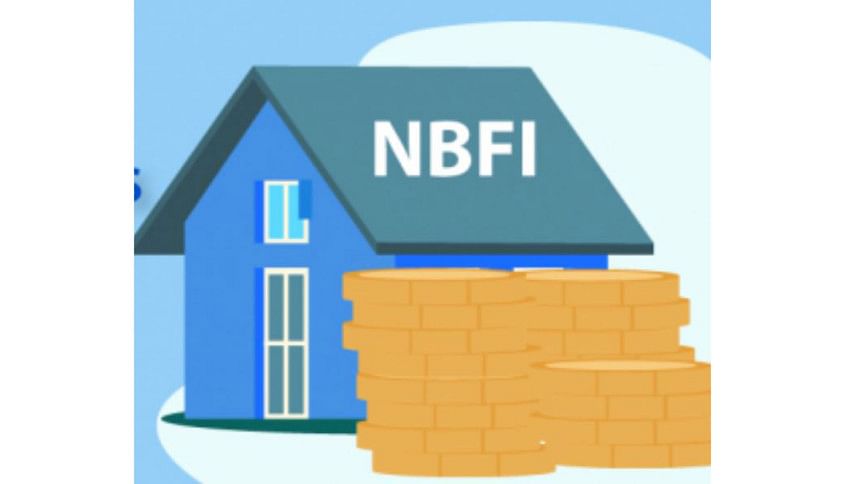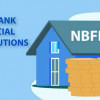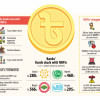Listed NBFIs log lower earnings in January-June

All of the listed non-bank financial institutions (NBFIs) in Bangladesh that published their financial reports for the January-June period of the current calendar year reported lower earnings due to reduced interest income, among other reasons.
At present, there are 23 NBFIs listed with the Dhaka Stock Exchange.
Of them, the 13 that published their half-yearly financial statements so far have registered worse earnings than they did during the same period last year.
"The earnings of these NBFIs dropped for several reasons, such as lower interest income, scanty income from the capital market and borrowers struggling to make repayments," said Kanti Kumar Saha, vice chairman the Bangladesh Leasing and Finance Companies Association.
And as the inflation rate has been in a rising trend for the past year, lenders in the country are offering interest rates that exceed the ceiling for deposits, as instructed by Bangladesh Bank.
However, the prevalence of an 11 percent ceiling on the lending rate decreased the spread for NBFIs, Saha added.
The gap between borrowing and lending rates came down to 0.27 percent in June while it was an average of 0.75 percent throughout the first six months of the year, as per Bangladesh Bank data.
Moreover, the NBFIs' earnings were hit by their clients' inability to repay loans in face of higher operational costs resulting from inflationary pressure.
"So, classified loans in NBFIs increased along with higher provisioning, which ultimately squeezed their earnings," Saha said.
In March, non-performing loans (NPLs) in the NBFI sector stood at Tk 17,855 crore, up by more than 25 percent year-on-year, shows updated data of the central bank.
Besides, many NBFIs have investments in the stock market but were unable to realise any gains due to scant trading, added Saha, who is also the CEO of Alliance Finance PLC.
Among all the NBFIs with reduced earnings, IDLC logged the highest profit of Tk 72 crore, down 20 percent from last year, while DBH saw its earnings shrink by about 9 percent to Tk 49 crore.
Similarly, profits of LankaBangla Finance dropped by about 45 percent while that of National Housing came down 20 percent to Tk 17 crore.
However, BD Finance saw the steepest decline, with its half-yearly profits having shrivelled by 72 percent year-on-year to Tk 5 crore.
Echoing Saha, a top official of a listed NBFI, on condition of anonymity, said they have to compete with banks when it comes to attracting deposits.
Besides, the financial sector in Bangladesh is facing liquidity pressurecaused by the prolonged foreign currency crisis, slower deposit growth and lacklustre loan recovery, he added.
In June, surplus liquidity in the banking sector stood at Tk 166,200 crore, down from Tk 203,435 crore a year ago, central bank data shows.
And along with the liquidity pressure, NBFIs are passing a tough time due to an image crisis stemming from a number of scams that recently came to light.
"So, deposit attraction become tougher for them," the official added.
Some 14 of the 35 listed and non-listed NBFIs were in the red zone last year due to higher NPLs and corruption, according to a stress test report of Bangladesh Bank.

 For all latest news, follow The Daily Star's Google News channel.
For all latest news, follow The Daily Star's Google News channel. 








Comments